SUMMARY
This is AI generated summarization, which may have errors. For context, always refer to the full article.
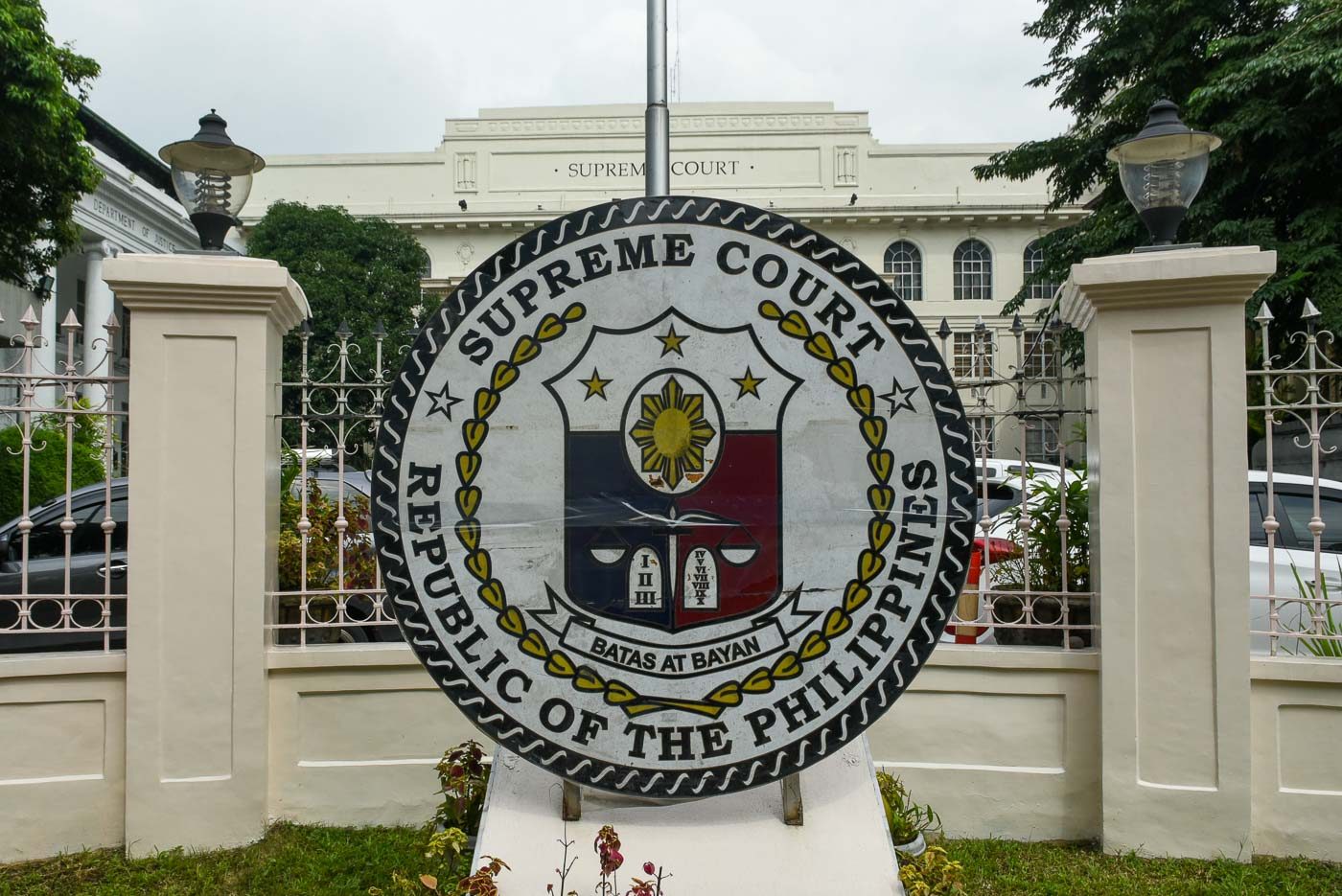
MANILA, Philippines – The Supreme Court (SC), in another important decision, ruled that “allegedly libelous” remarks posted online may be punished only under the cybercrime law, and not under regular libel.
“For these reasons, an allegedly libelous Facebook post made may only be punished under the Cybercrime Prevention Act, not under Article 355 of the Revised Penal Code (RPC). Since the Facebook post complained of was made in 2011, a year before the Cybercrime Prevention Act was passed, there was no libel punishable under Article 355 of the Revised Penal Code,” the High Court’s Second Division said in a decision uploaded on Monday, July 10.
The case stemmed from a petition of a certain Jannece Peñalosa over a libel case filed against her by a certain Jose Ocampo Jr. The petitioner challenged her libel conviction before the SC, arguing that she should not be punished with libel for remarks posted through the online social networking site Facebook.
Senior Associate Justice Marvic Leonen, the High Court’s Second Division chairperson, penned the decision. Associate Justices Amy Lazaro-Javier, Mario Lopez, Jhosep Lopez, and Antonio Kho Jr., meanwhile, all concurred.
In siding with the petitioner, the High Court granted Peñalosa’s petition for review on certiorari – a remedy used to seek a review of another court’s decision. The SC also pointed the latin term “nullum crimen, nulla poena sine lege,” which means “there is no crime when there is no law punishing it.”
The ruling
In its decision, the SC said the RTC did not commit grave abuse of discretion when it dismissed the case against Peñalosa. The High Court also pointed out that criminal laws “are to be construed” strictly against the state, and liberally in favor of the accused.
The SC explained that in the libel article under the RPC, the phrase “similar means” does not include “online defamation” under the principle of “noscitur a sociis.” This means if “a particular word or phrase is ambiguous in itself or is equally susceptible to various meanings, its correct construction may be made clear and specific by considering the company of words in which it is founded or with which it is associated.”
The High Court said the associated words are “writing,” “printing,” “lithography,” “engraving,” “radio,” “phonograph,” “painting,” “theatrical exhibition,” and “cinematographic exhibition,” and clearly excluded “computer systems or other similar means which may be derived in the future.”
“If it were true that Article 355 of the Revised Penal Code already includes libel made through computer systems, then Congress had no need to legislate Article 4( c )( 4) of the Cybercrime Prevention Act, for the latter legal provision will be superfluous. That Congress had to legislate Article 4(c)(4) means that libel done through computer systems, i.e., cyber libel, is an additional means of committing libel, punishable only under the Cybercrime Prevention Act,” the SC said.
Making cyber libel punishable under libel “is to make a penal law effective retroactively but unfavorably to the accused,” the High Court added.
What happened before
Peñalosa was charged with libel under article 355 of the RPC over a Facebook post she made in 2011. The case was assigned to Mandaluyong City Regional Trial Court (RTC) Branch 212.
She filed a motion for reconsideration with the Office of the City Prosecutor, saying there was no probable cause to charge her with libel. However, the Office of the City Prosecutor denied Peñalosa’s motion, which prompted the petitioner to file a petition for review before the Department of Justice (DOJ).
In 2014, the court found probable cause against the petitioner and issued a warrant of arrest against her. But in a September 16, 2014 resolution, the DOJ granted Peñalosa’s petition for review and ordered the prosecutors to withdraw the case. The DOJ said “when Penalosa made the Facebook post complained of in 2011, there was still no law penalizing “Internet Libel.”
The prosecutors withdrew the case, and in an order dated January 26, 2015, the Mandaluyong RTC dismissed Peñalosa’s case.
“There, the trial court declared that Peñalosa’s act constituted internet libel. However, when the acts complained of were committed on August 3, 2011, Republic Act No. 10175 had yet to be enacted. Therefore, according to the trial court, Penalosa’s acts were not criminally punishable when they were
committed,” the decision read.
However, Ocampo Jr. brought the case to the Court of Appeals (CA), which eventually favored him. In an April 27, 2016 decision, the CA granted Ocampo Jr.’s petition for certiorari and set aside the RTC’s ruling. The CA said Peñalosa’s act of “maligning” Ocampo through a Facebook post was punishable under RPC’s Article 355.
“In addition, the Court of Appeals interpreted Section 4(c)(4)22 of the Cybercrime Prevention Act of 2012 to mean that the libel provision in the Revised Penal Code covers libelous internet or Facebook posts, being examples of libel by means of writing,” the SC said.
The case was then brought to the High Court. – Rappler.com
Add a comment
How does this make you feel?
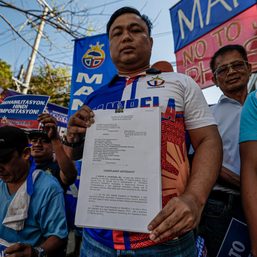
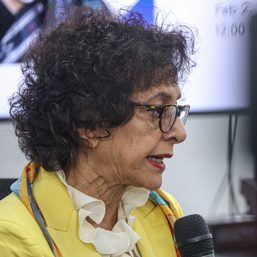
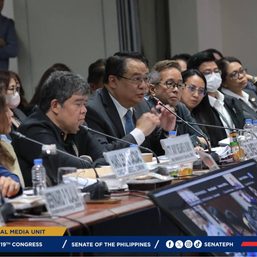
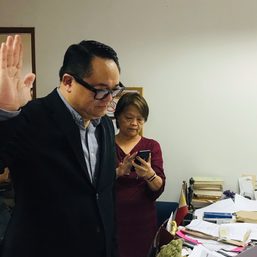



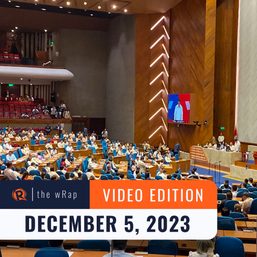




There are no comments yet. Add your comment to start the conversation.